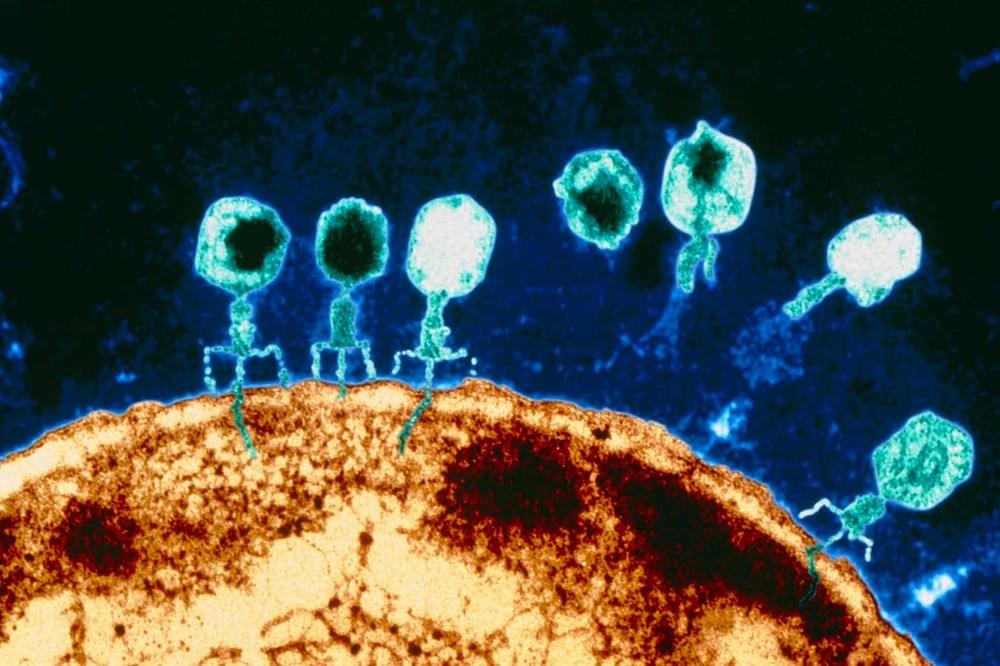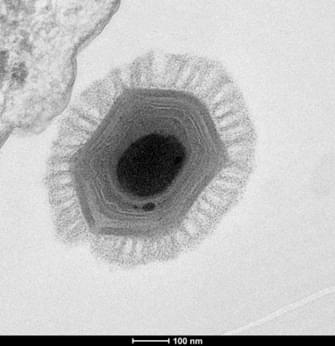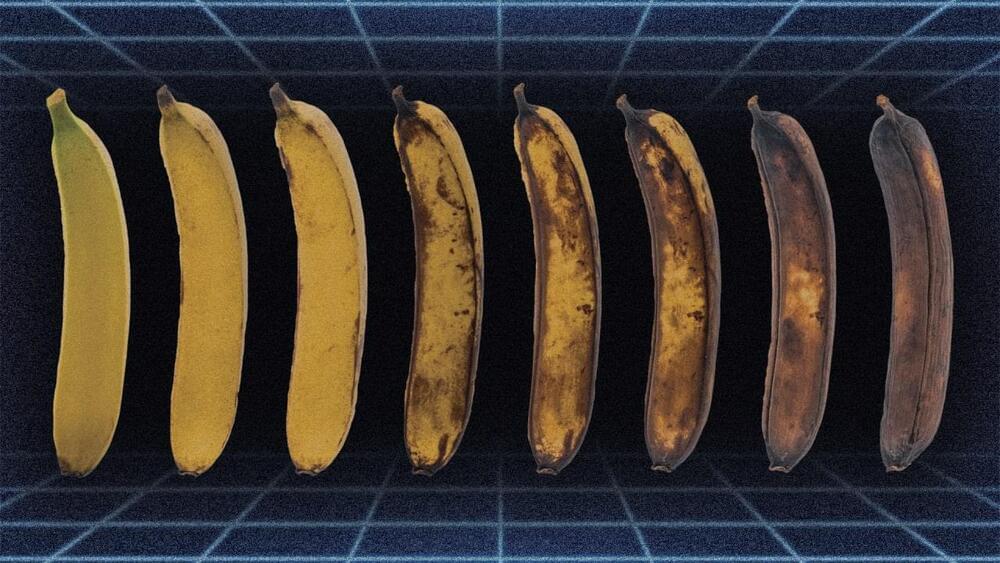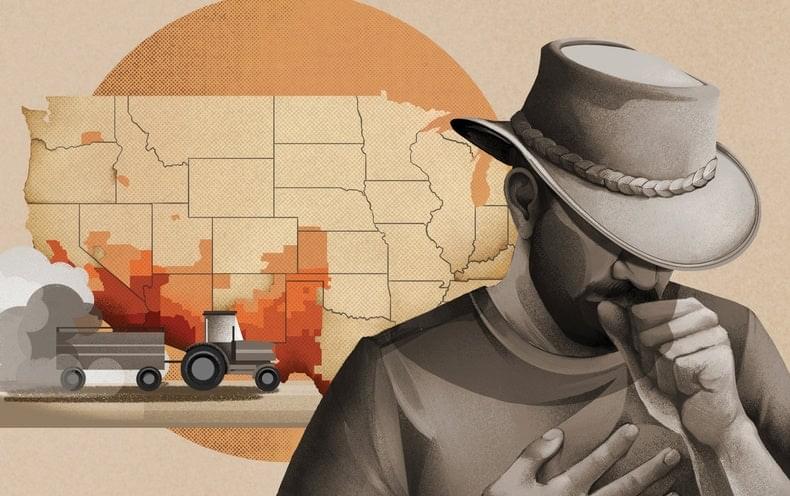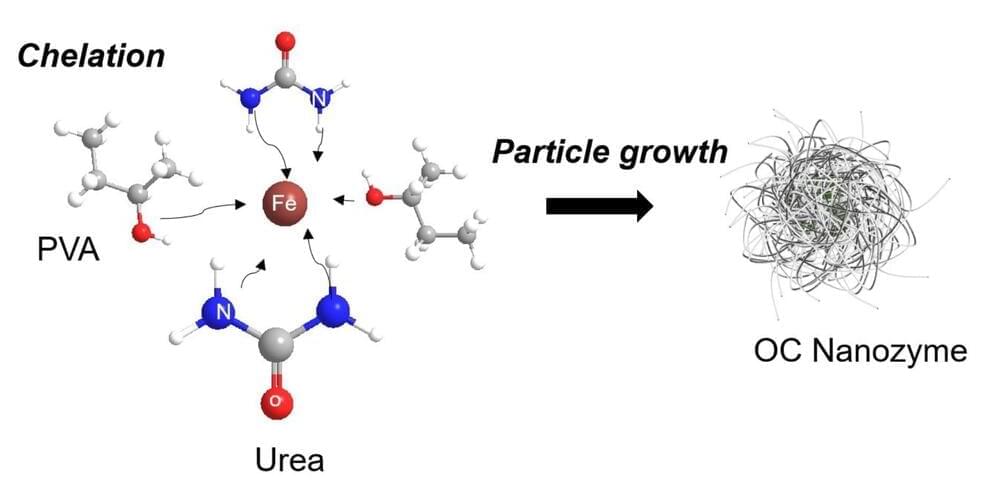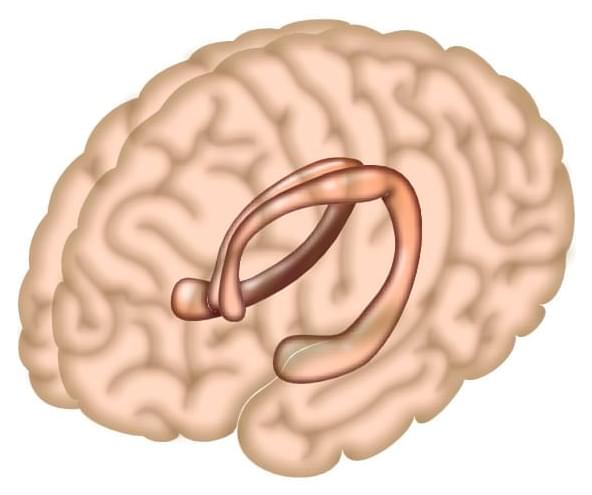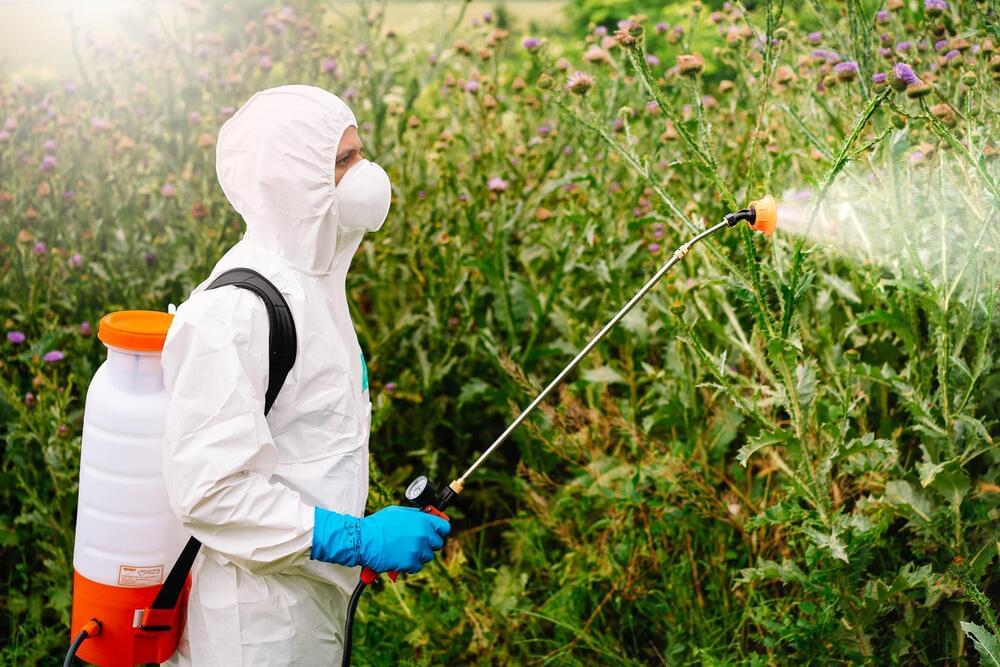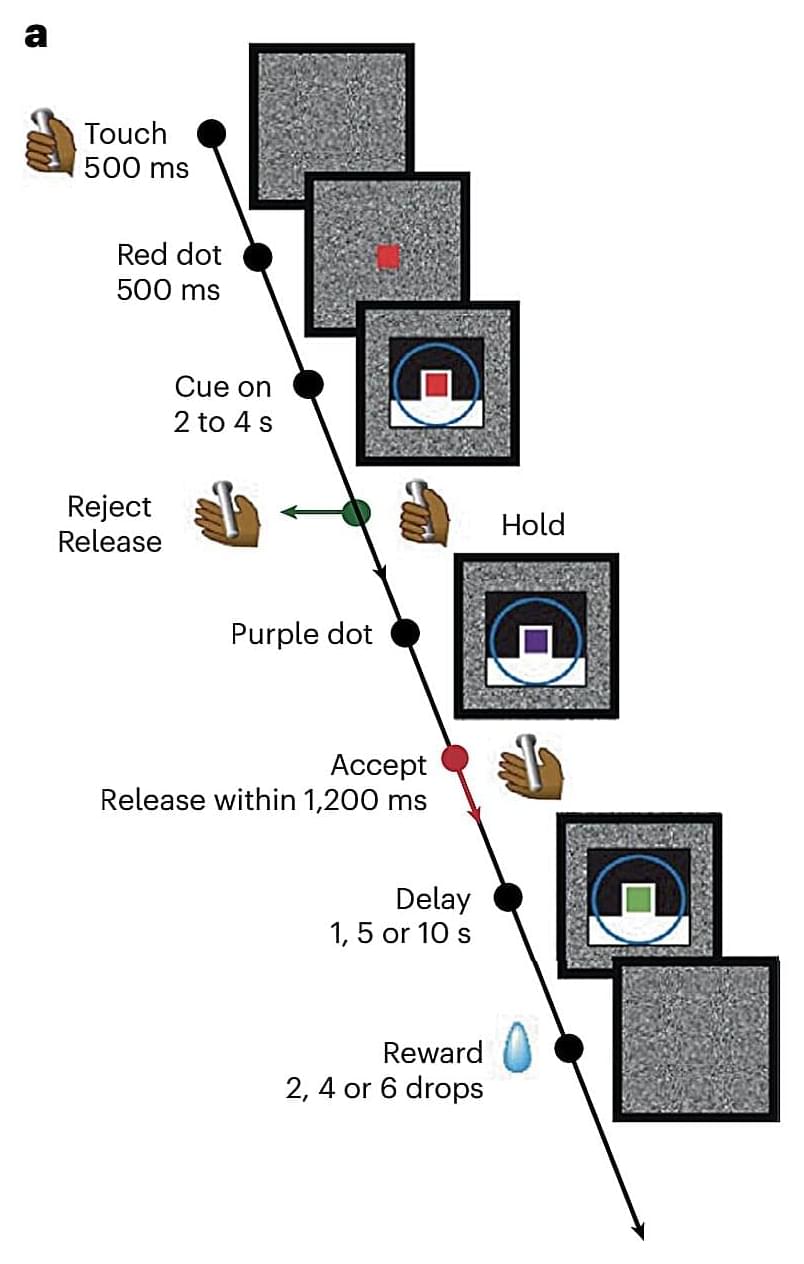
When humans make decisions, such as picking what to eat from a menu, what jumper to buy at a store, what political candidate to vote for, and so on, they might be more or less confident with their choice. If we are less confident and thus experience greater uncertainty in relation to their choice, our choices also tend to be less consistent, meaning that we will be more likely to change our mind before reaching a final decision.
While neuroscientists have been exploring the neural underpinnings decision-making for decades, many questions are still unanswered. For instance, how neural network computations support decision-making under varying levels of certainty remain poorly understood.
Researchers at the National Institute of Mental Health in Bethesda, Maryland recently carried out a study on rhesus monkeys aimed at better understanding the neural network dynamics associated with decision confidence. Their paper, published in Nature Neuroscience, offers evidence that energy landscapes in the prefrontal cortex can predict the consistency of choices made by monkeys, which is in turn a sign of the animals’ confidence in their decisions.
